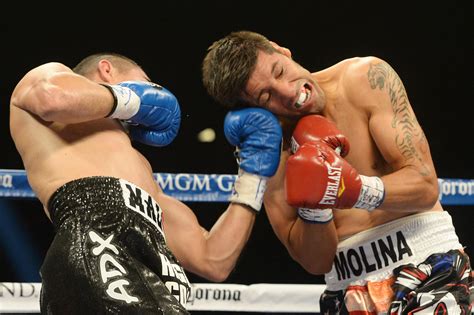A Quote by J. K. Rowling
I'm not so naive that I didn't know or didn't suspect that, at some point, someone was going to say "You're writing about the occult." My wizarding world is a world of imagination. I think it is a moral world.
Related Quotes
Writing is not a job or activity. Nor do I sit at a desk writing for inspiration to strike. Writing is like a different kind of existence. In my life, for some of the time, I am in an alternative world, which I enter through day-dreaming or imagination. That world seems as real to me as the more tangible one of relationships and work, cars and taxes. I don't know that they're much different from each other.
I think you have to ask yourself, what is the point of the script? What is the script selling? Because all scripts are political, every story is political. It either challenges or reinforces some schism or stereotype. So what is the project going to say at the end of the day? What does it tell you about the world, or what does it challenge in terms of your world?
I think it's important to control your opportunities, because in the entertainment world, it's not up to you. I'm not sitting here under this naïve belief that someone in Hollywood is going, "Gaffigan! What kind of a show can I build around him?" So you have to find things that can showcase your point of view.
When I'm writing about complicated subjects, it usually involves a world. It could be the world of Scientology or the world of Al Qaeda, or the world of counter-terrorism.I look for emblematic beasts of burden - what I call "donkeys" - who can carry the reader through this world. They serve a different purpose. Donkeys are not especially interesting or likeable, but they are serviceable. They will take you into this world. The distinction I'm trying to make is: It's not about them. It's about the world.
One can say that the disaffection is still a lingering naiveté about, not the place of poetry in the world, but - how to say this - the moral and intellectual presence of poets in the world. And while this may seem an old conversation to many poets who roll their eyes and say, "Here we go again about the function of poetry," I think that conversation, about poetry as an engaged art in a world that is full of regression or still lacking in progress, is still really not well-developed. It's almost an avoided conversation.
In 'Twilight,' you're setting up the world. You're introducing the world, and I was also writing in a vacuum because I didn't know who the actors were going to be. Now you're going to 'New Moon' and 'Eclipse,' and I could write specifically to them in my mind. So it becomes a more comfortable world.
Although we have no actual written communications from the world of emptiness, we have some hints or suggestions about what is going on in that world, and that is, you might say, enlightenment. When you see plum blossoms or hear the sound of a small stone hitting bamboo, that is a letter from the world of emptiness.
This fight means the world to me. It's what I've been dreaming about since I was 10 years old to win a world title. I'm going in their with nothing less than a victory. I think it's safe to say the fight is not going the distance and it's going to be a fight of the year candidate. He's going to come to fight, I'm coming to fight and I plan on leaving September 8th as the new world champion
The world should have stopped, but it didn't. The world kept on going. How can the world just keep on going? An earthquake in India kills a thousand people, and the world keeps on going. A famine in China kills a million people, and the world keeps on going. The twin towers of the World Trade Center buckle and fall, and the world, the world keeps on going.
Science fiction isn't just thinking about the world out there. It's also thinking about how that world might be - a particularly important exercise for those who are oppressed, because if they're going to change the world we live in, they - and all of us - have to be able to think about a world that works differently.
Science fiction isn’t just thinking about the world out there. It’s also thinking about how that world might be—a particularly important exercise for those who are oppressed, because if they’re going to change the world we live in, they—and all of us—have to be able to think about a world that works differently.
A lot of times when I ask people what their apocalyptic fantasy life is like, they'll immediately say something like, "Oh, what I think is going to kill us is climate change or World War IV," and that's not what I'm interested in at all. The point is not about winning a bet about what's going to happen. The point is about the human action of examining the possibility, the kind of obsessive imagining about it.
The world of imagination is the world of eternity. It is the divine bosom into which we shall all go after the death of the vegetated [i.e. mortal] body. This world of imagination is infinite and eternal, whereas the world of generation is finite and temporal. There exist in that eternal world the eternal realities of everything which we see reflected in this vegetable glass of nature.
Every time you think of doing some charity, you think there is some beggar to take your charity. If you say, "O Lord, let the world be full of charitable people!" - you mean, let the world be full of beggars also. Let the world be full of good works - let the world be full of misery. This is out-and-out slavishness!


































